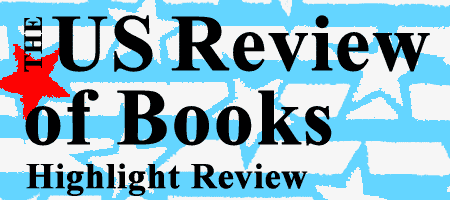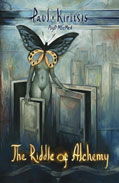
 |
In the present day, Alchemy is held in the realm of the occult and fantastical, portrayed in fiction as a Daedalian pursuit of the logically impossible. But its rich and storied history, combined with its influence on modern thinking and science, provides an unexpected roadmap that touches on some of the most influential philosophers and scientists from across time and the globe. The first section of this book deals with that history, how the traditions and legends were passed along, and how different parts of the world interpreted them differently. The second section focuses on alchemy’s links to modern psychology and the connection between alchemical principles and one’s personal experiences. The third and final portion concerns the scientific side of the things that alchemy aims to accomplish, and whether or not such things could hold truth.
Each chapter in this book is a standalone essay, organized for structure and continuity’s sake but complete enough to stand on its own, including a bibliography and visual aids. The multifaceted approach and incorporation with areas of general study allow this book to bring alchemy out of the realm of the impossible and examine it in a more curious light. While the secrets to metallic transmutation and creating life are not provided here as a cookbook might, it does entertain the questions long enough to surmise where these ideas came from and whether or not any validity to their claims is possible. Though the more famous aims of the alchemical masters may seem impossible, readers will discover how homeopathy, traditional medicine, and other technological breakthroughs were made possible by wise and brilliant thinkers who pursued the principles of alchemy as far as they could in their lifetimes.
At times, this is a history lesson and a scientific dissertation. At others, it comes across as a philosophical treatise. This book blends multiple academic disciplines into a search for answers about what alchemy has done for mankind and what it may have been capable of accomplishing. Combining philosophical questioning and exploring the full possibility of an idea with the more rigid facts and figures creates a well-rounded, fascinating examination of both “what if” and “what is.” Those more interested in the spiritual, metaphysical, or theoretical elements of alchemy will still have plenty of hypotheses and theories to ponder, along with the text’s explanation and consideration of the topics. For a book on a subject such as this, balancing these two worlds may not be strictly required, but this approach offers a much fuller understanding of alchemy and what drew so many to uncover its secrets and potential.
For anyone interested in the history and applications of alchemy, this is a rich, fascinating collection of pertinent data on a topic often dismissed out of hand or rolled into the collection of once-held beliefs that have not withstood empirical scrutiny. While certainly by no means an assertion that alchemy is a maligned art capable of everything ascribed to it, this text highlights what humanity did earn from pursuing this line of thinking and questions whether or not more still could not be made possible by revisiting its ideas with the accomplishments of the modern era. Whether or not the reader believes there is merit to the tenets of alchemy, this is still a fully realized, entertaining collection of essays that stimulates the curiosity of its readers while also aiming to not only ask questions but answer them.
A 2025 Eric Hoffer Book Award Montaigne Medal Winner.